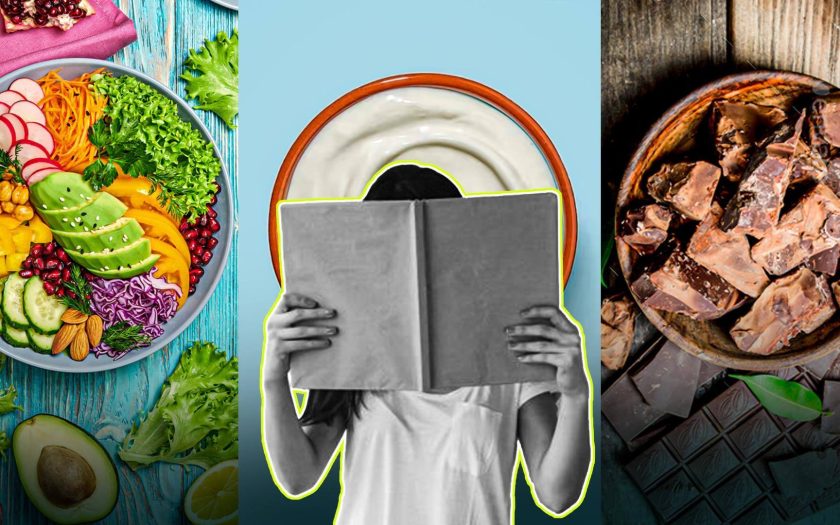-
Fried foods.
When a person is stressed, they often crave something tasty, crispy, and rich in flavor. That’s why fried foods seem like the perfect comfort option — they provide quick satisfaction, create a sense of temporary relief, and may even evoke feelings of homey comfort. However, in reality, this is one of the worst habits during periods of emotional strain. Under stress, the body operates in a heightened state of tension and needs light, nutritious food to support the nervous system — not overload it. Fried foods, especially those cooked in large amounts of oil or with recycled fat, contain harmful compounds that contribute to inflammation, metabolic disorders and even cognitive decline. When a person is stressed and eats heavy foods like this, they are not only not helping themselves, but also exacerbating the problem. Therefore, if you really want to take care of yourself during stress, you should choose baked or steamed dishes made from vegetables, lean meat, and whole grains. They will support the brain, give you a feeling of lightness and help you return to a state of calm faster.
-
Diet soft drinks.
Many people choose these beverages over regular soda or lemonade, thinking they’re a healthier alternative. But in reality, they can be just as harmful, especially during emotional exhaustion. The main issue lies in the artificial sweeteners added to these drinks. Aspartame, sucralose, acesulfame potassium — all of these ingredients mimic sweetness without offering any nutritional value. Research shows that they can disrupt the brain’s chemical balance, alter gut microbiota, and even increase anxiety and the risk of depression. If you’re feeling stressed and crave something refreshing, it’s better to choose lemon water, a berry smoothie, or herbal tea. These drinks not only help maintain mental clarity but also genuinely aid the body in recovering.
-
Ready-made soups.
Another hidden enemy of health during stress is ready-made soups. At first glance, they seem like a quick and convenient solution: just add boiling water or heat in the microwave, and your meal is ready. However, behind this convenience lies significant harm to the body, especially during periods of heightened emotional tension. Ready-made soups contain a high amount of sodium, flavor enhancers, preservatives, and stabilizers. Excess salt leads to water retention in the body, which can cause swelling, headaches, and additional strain on the cardiovascular system. And during stress, when the body is already under pressure, these types of products only make things worse. Moreover, monosodium glutamate and other artificial flavors can affect neurochemical processes in the brain, triggering anxiety, irritability, and sleep disturbances. Instead of calming the body, these soups disrupt your inner balance even more. So, if you’re craving a warm and comforting lunch, it’s much better to cook a simple homemade soup with a vegetable broth. Not only will it support your health, but it will also provide a sense of self-care that is so essential during stressful times.
-
Sour milk cheese.
Although such a product is often considered beneficial, it may not be the best choice in times of stress. Because it contains a large amount of casein, a protein that is quite difficult to digest. During times of nervous tension, the stomach and intestines slow down, fewer digestive enzymes are produced, and heavy foods can lead to feelings of heaviness, bloating, or discomfort. This is especially true for low-fat cottage cheese, which contains almost no healthy fats. In addition, sour milk cheese does not contain enough tryptophan, an amino acid that produces serotonin in the body. During stress, a lack of this vital compound can worsen emotional exhaustion, lower your mood, and even trigger insomnia. So, although sour-milk cheese is not a harmful product in itself, it is better to pay attention to other options that are better absorbed and bring more benefits to the nervous system during a stress. Natural yogurt, nuts, eggs, fatty fish, or avocado are gentler on digestion and can also help stabilize your emotional state.
Therefore, during any stressful moments, take a responsible approach to the choice of foods you eat and choose those that will help you feel better. Additionally, it’s important to remember that if you’re unable to cope with stress on your own, don’t delay—seek professional help. Excessive anxiety, panic attacks, disrupted sleep, or loss of appetite are not just signs of emotional exhaustion, but symptoms that can lead to serious psychosomatic disorders. Timely consultation with a doctor and starting prescribed medication (such as Prozac, Sertima-100, or Celapram) can prevent complications and restore your quality of life.

